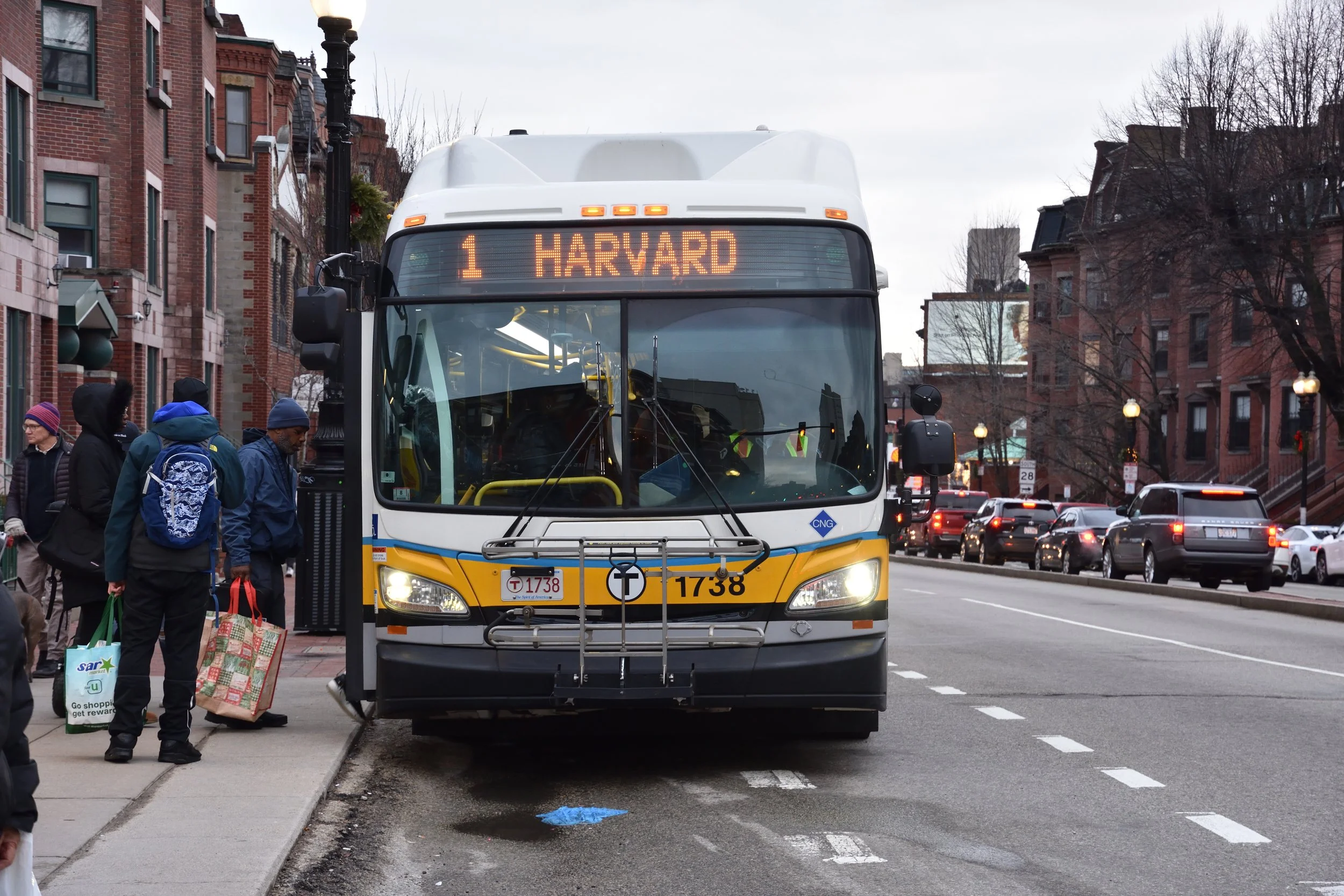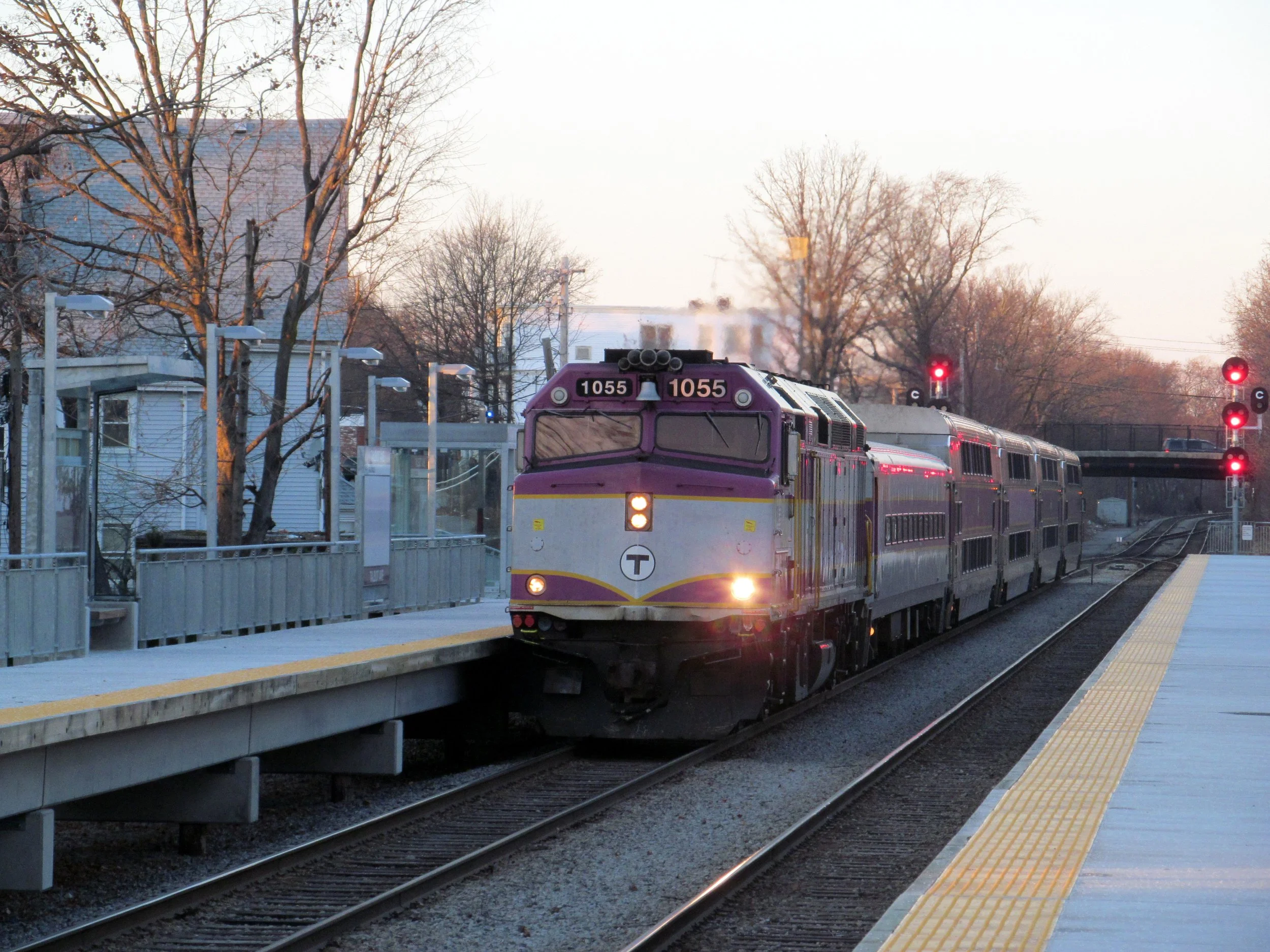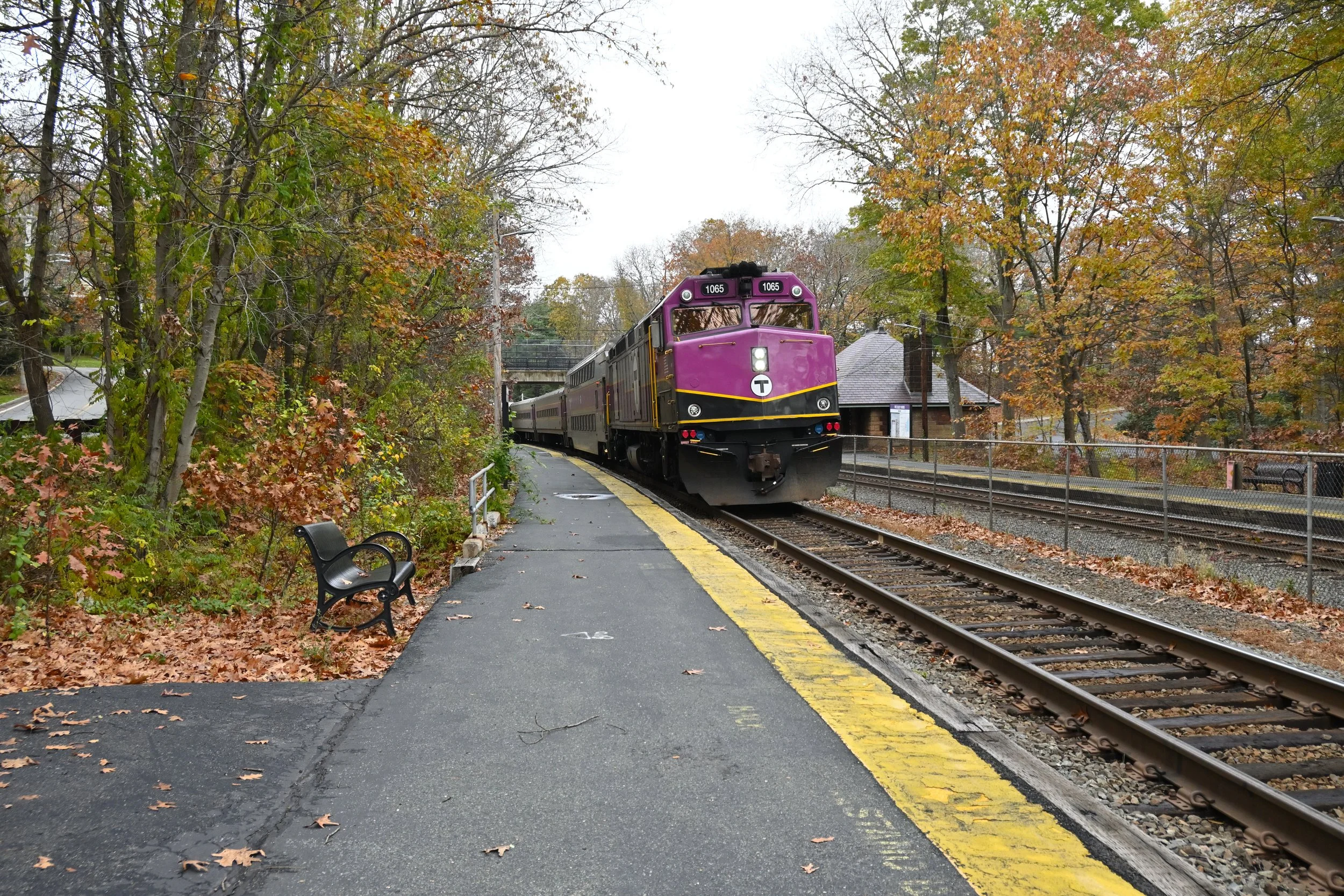This show is focused on MBTA advocacy, with the full crew sharing our thoughts on some of the things in the media lately, and which we've been working on.
Fares increases are proposed again despite the absence of a vision for upgrading and growing our network. It's hard to ask people for more money without real improvements. Some say we should give discounts to low-income riders and raise fares for everyone else. We explore why a two-tier transit system is a terrible idea that will lead to a death spiral and actually impact the poorest riders most. Also, if a transit fare is not a tax, is it a fee?
The MBTA board (FMCB) has proposed eliminating up to 28 bus routes, largely without any analysis of what these routes do or how they operate. A better approach is to figure out why some routes are expensive and/or attract low ridership, such as poor service quality (on-time performance, frequency, connections) and many seem to be designed to fail. The existing late night service is one example, but rather than get rid of it, service should be vastly improved and expanded to full overnight service (don't forget the early morning needs!). Commuter rail come up too.
We talk about the importance of good service planning, the different levels of planning, and how we can not only make small routine changes but also design a better network. Aside from service cuts, no routes have changed since 2008 and a comprehensive review has never been done, even though travel patterns have changed a lot since the 1964 creation of MBTA. Most routes do not meet basic service standards like crowding and on-time performance. How can we plan for upgrades?
The Green Line Extension is way over budget and horribly mismanaged, largely due to schedule pressures, not enough MBTA staff to oversee this massive project (due to austerity) and as a result contractors scamming the T. Are we learning the lessons as the FMCB looks to cut the budget even more? We explain the importance of carrying out the GLX plan which was approved through an extensive public process, and how proposed project reductions would actually cause us to spend more in operating costs to run the line.







